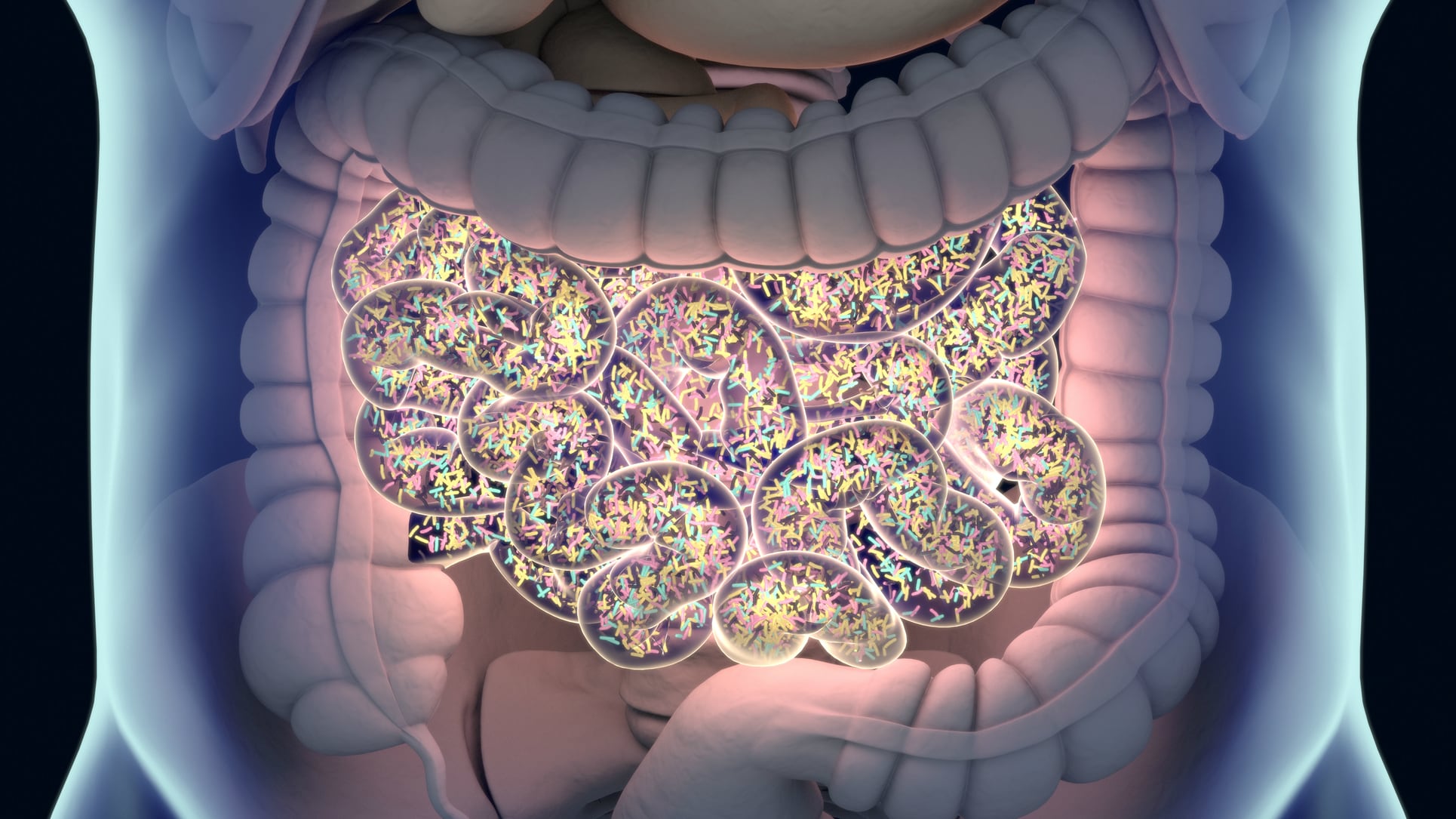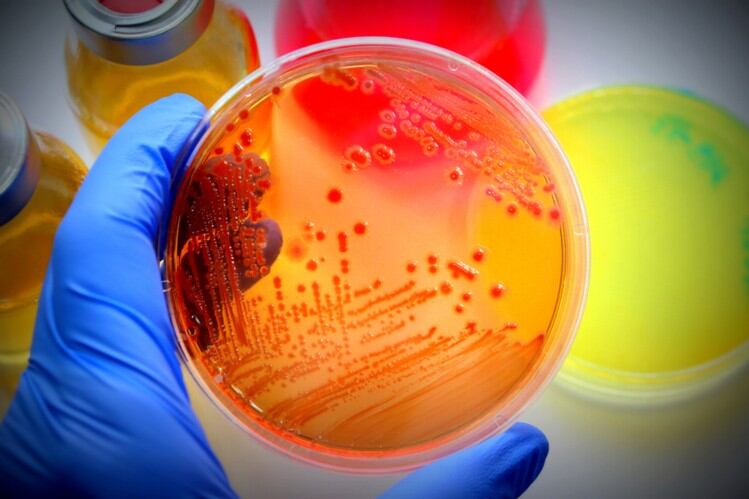Recent research has discovered a relationship between metabolic diseases and the intestinal microbiota, as well as the underlying mechanisms of said relationship. This has, in turn, led to novel approaches being developed to alleviate conditions associated with metabolic diseases.
One of the major underlying factors linked to metabolic syndrome and its related adverse health conditions is said to be dysbiosis, causing considerable focus to shift to controlling the gut microbiota via the administration of functional lactic acid bacteria.
As a result, lactic acid bacteria's health benefits have widened beyond intestinal health to include anti-obesity, anti-diabetic and cholesterol-lowering effects.
The microbiota of mice
The researchers behind the current study sought to investigate specifically the cholesterol-lowering and microbiota-modulating potential of the probiotic strain Lactobacillus rhamnosis BFE5264, which was isolated from Maasai fermented milk.
They divided the mice into five groups of seven to eight: one control group was placed on a low-cholesterol diet and treated with sterile saline, while the other was placed on a high-cholesterol diet and treated with sterile saline.
One of the treatment groups was placed on a high-cholesterol diet and supplemented with BFE5264, another was put on a high-cholesterol diet supplemented with lovastatin, and the last was put on a high-cholesterol diet and given Lactobacillus rhamnosus GG (LGG), another strain of the Lactobacillus rhamnosus species.
After nine weeks, the researchers reported that the administration of BFE5264 had resulted in a significant reduction of serum cholesterol, accompanied by changes in the intestinal microbiota and production of short-chain fatty acids (SCFAs) in the treatment group, compared with the control groups.
BFE5264 intake also improved the regulation of cholesterol metabolism in the liver in a pattern also observed in treatment with statin, a drug designed to inhibit hepatic cholesterol biosynthesis.
Effects on cholesterol
Both the high-cholesterol groups receiving BFE5264 and statin saw significant reductions in their concentrations of total serum cholesterol and LDL cholesterol, as well as increased HDL cholesterol and less weight gain when compared to the high-cholesterol control group.
However, the cholesterol concentration in the faeces of the mice was not significantly different across the groups.
Effects on intestinal microbiota
The researchers found that both BFE5264 and statin administration led to the modulation of Bacteroidetes and Deferribacteres in the high-cholesterol groups to levels similar to that in the low-cholesterol statin-fed group.
BFE5264 administration also markedly lowered the abundance of Helicobacteraceae and Desulfovibrionaceae, compared to the high-cholesterol control group.
The group administered LGG also saw a decrease in the abundance of Bacteroidetes and Deferribacteres, though this did not differ significantly from the change in the high-cholesterol control group.
At the same time, Lactobacillus was found to be lowered significantly by a high-cholesterol diet, but only BFE5264 administration managed to increase it, while LGG did not.
Effects on SCFAs
High-cholesterol intake lowered the overall amount of circulating serum SCFAs, a problem reversed by treatment with either the probiotic lactic acid bacteria or statin.
Despite this, the composition of serum SCFAs in the high-cholesterol treatment groups still differed from that in the low-cholesterol control group, with lower acetate and higher propionate and butyrate concentrations.
Even with a lower degree of modulation in faecal SCFAs and no noticeable change in the amount of total SCFAs among the groups, the high-cholesterol treatment groups still had higher amounts of faecal propionate than the high-cholesterol control group.
Effects on hepatic cholesterol metabolism
In light of the respective increase of serum and faecal propionate in the groups supplemented with BFE5264 and statin and the correlation with lower cholesterol levels, the researchers said this could influence the modulation of hepatic cholesterol biosynthesis.
Both statin and BFE5264 resulted in the reduction of total cholesterol in the liver, but LGG had no effect on hepatic cholesterol levels, or the mRNA expression of biomarkers related to cholesterol metabolism in the liver.
The researchers concluded: "This research emphasises a desirable improvement of the intestinal environment induced by probiotics, as compared to the direct and sometimes dramatic effects resulting from the intake of statins and other synthetic drugs.
"We expect that systematic in vivo studies will lead to a deeper understanding and linking of interactions among the various organs and provide mechanistic insights into the beneficial effects of probiotics as compared to synthetic drugs that may frequently lead to undesired side effects.
"There is general agreement on the safety and acceptability of proven probiotics, yet information and understanding of underlying mechanisms is still sparse. The cholesterol-lowering activity of BFE5264 relative to its influence on the intestinal tract was shown in this study.
"Nonetheless, some of these data differed from those our previous in-vitro studies, and may be explained in future studies."
Source: PLOS ONE
https://doi.org/10.1371/journal.pone.0203150
"Cholesterol-lowering effect of Lactobacillus rhamnosus BFE5264 and its influence on the gut microbiome and propionate level in a murine model"
Authors: Soyoung Park, et al.




